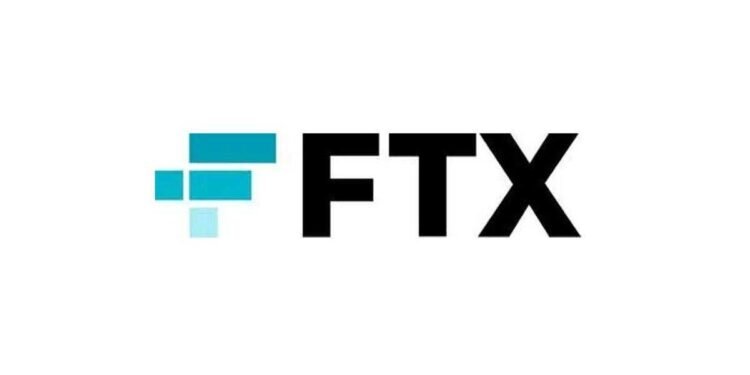In recent weeks, one of the most talked-about stories in the world of cryptocurrency has been the lawsuit against FTX, a popular digital asset exchange. The lawsuit alleges that FTX illegally listed a variety of securities on its platform, which is a violation of U.S. securities laws. While the case is still ongoing, it has already generated significant attention and is raising questions about the role of cryptocurrency exchanges in the broader financial ecosystem. According to a recent report, a lawsuit has accused several venture capital and private equity firms, such as Sequoia Capital, Thoma Bravo, and Paradigm, of allegedly exaggerating the legitimacy of FTX, the cryptocurrency exchange that ultimately failed, resulting in billions of dollars in losses.
Investors Bring More Legal Troubles For FTX
As lawsuits continue to emerge, the investor community continues to feel the effects of the collapse of the cryptocurrency exchange FTX. In the most recent FTX investor lawsuit, allegations were made against venture capital and private equity heavyweights, such as Sequoia Capital, Paradigm, and Thoma Bravo, for promoting the legitimacy of FTX.

According to reports, customers of the bankrupt cryptocurrency exchange FTX are directing their criticism toward financiers who marketed the platform, claiming that their actions lent an “air of legitimacy” to the now-defunct exchange. However, a crypto lawyer has deemed the case “tricky.” According to a Bloomberg report on February 15th, a class-action lawsuit was filed on February 14th by FTX investors against venture capital firm Sequoia Capital and private equity firms Thoma Bravo and Paradigm.
In the class-action lawsuit representing investors, it is claimed that the accused firms engaged in promotional marketing campaigns in 2021 to showcase their investments, valued at several hundred million dollars, across various FTX entities. The lawsuit asserts that these campaigns contributed to lending an “air of legitimacy” to the now-bankrupt FTX.
FTX Left The Crypto Space In the Dark
Investors have claimed that several state and federal laws have been violated, including false advertising, misrepresentation, and civil conspiracy. In addition, the lawsuit said, “As a result of defendants’ significant investments in the FTX entities, each was incentivized to leverage their professional reputations and media outreach capabilities to portray FTX as a trustworthy and legitimate crypto exchange.”

Venture capital firms have been scrutinized for investing substantial amounts of money in FTX, even as its valuation skyrocketed in 2021. Before its collapse, the cryptocurrency exchange was valued at $32 billion.
Sequoia Capital, in particular, has faced harsh criticism for continuing to support Sam Bankman-Fried, despite reports of his unprofessional behavior during investor meetings. It is alleged that Bankman-Fried would play games during these meetings. Curiously, Sequoia Capital also authored a 14,000-word profile of Bankman-Fried, titled “Sam Bankman-Fried Has a Savior Complex — And Maybe You Should Too.”
All three firms participated as investors in FTX’s $900 million Series B round in July 2021, which was the largest fundraising event in crypto history. During this round, several partners of the firms spoke positively of former FTX CEO Sam Bankman-Fried. After the funding announcement in July 2021, Matt Huang, the co-founder of Paradigm, praised Bankman-Fried as a “special” founder who is “stunningly ambitious” in a statement.

Following FTX’s bankruptcy declaration, Sequoia Capital decided to fully write down its $214 million investment in the cryptocurrency exchange. Sequoia said in a message to its investors, “We are in the business of taking risks. Some investments will surprise to the upside, and some will surprise to the downside.” Despite this, the complaint notes that the VC firm conducted substantial due diligence on FTX’s operations.
The newly appointed team at FTX has been diligently working towards recovering investors’ funds, and they have managed to retrieve more than $5 billion thus far. Research conducted by crypto platform HedgewithCrypto has revealed that in 2022, there was a significant surge of 46 percent in lawsuits brought by both the Securities and Exchange Commission (SEC) and other class action suits.
2022 marked the year with the highest number of crypto-related lawsuits on record, with a total of 41 cases being filed. Among these, 19 were filed by the SEC, while the remaining 22 were class-action securities lawsuits.























